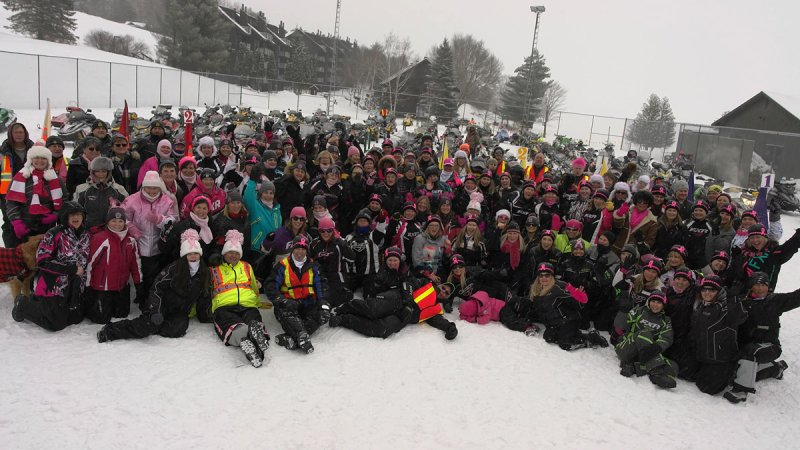
Inspirational Stories
My Journey Through Cancer and Finding My Energy Again
By Elvira S.
When I think about how everything started, my mind always returns to October 2021. It had been only six months since my mother passed away when I heard the words that changed my own life: “You have breast cancer.” I was diagnosed with right breast invasive ductal carcinoma, grade 2 with DCIS. My daughter was just 12 years old, and my husband stood beside me, speechless. In that moment, nothing felt certain anymore.
I tried to remind myself that I was lucky it was caught early. But even early cancer brings its own storms. After two lumpectomy attempts that winter, I eventually needed a right breast mastectomy with DIEP flap reconstruction in 2022. Two months later, I went back to work because I thought staying busy would help me stop thinking about the disease. I chose not to take adjuvant therapy, convincing myself I would be fine.
But life had other plans.
Two years later—again with no symptoms and found only through routine checks—I faced a second diagnosis: left breast DCIS, intermediate to high grade with central necrosis and macrocalcifications. One lumpectomy led to another mastectomy and reconstruction in 2024. It felt like my body kept surprising me in ways I never asked for.
When the Fatigue Took Over
In February 2025, after all the surgeries, I tried once again to return to work. What I didn’t expect was how deeply fatigue would hit me. Not regular tiredness—this was something heavier, something that swallowed up my focus, my energy, even my confidence. Just a few weeks in, I had to go back on sick leave. I couldn’t explain to my family doctor what I was feeling. All I knew was that something was off. I was exhausted in a way that didn’t make sense.
That’s when I started searching “cancer fatigue,” hoping to understand what was happening to me. I came across Cancer Fatigue Services Toronto and instantly noticed their logo: one person reaching out a hand to lift another up. It made me feel seen before I even clicked. I took their Fatigue Analyzer test, and the results confirmed what my body already knew—my fatigue levels were high.
After talking to friends who had heard positive things, I booked an appointment.
Feeling Heard for the First Time
In my first visit, I completed a physical CPET exam and then spent almost an hour talking with Dr. Bain. At the end of that conversation, I said something I didn’t expect: “I feel better because someone actually listened to me for an hour.” That moment alone felt like a turning point.
As I continued with the clinic, I met specialists who helped me understand what was happening in my body—why fatigue can be so intense after cancer, and what can be done about it. Scott shared research on mitochondria and how they “get happier” with the right kind of exercise. For the first time, I felt empowered. I learned that I wasn’t powerless—I had some control. And that gave me the motivation I needed.
Learning to Live with Energy Again

I committed to the program. Phase by phase, over six months, something began to change. My afternoons didn’t automatically end in naps anymore. I could do more around the house. I started feeling…like myself again. Not the same as before cancer—but a version of myself who understood her body better, who knew how to protect her energy instead of burning it all at once.
The support I received made a difference. The Fatigue Peer Support Group showed me I wasn’t alone. The Cognitive Rehabilitation Program with Luana and Peter helped me navigate the mental side of fatigue. Matthew and Amy guided me through exercises, checked my form, and helped explore chronic pain I had been ignoring. And Tim—who had to patiently deal with me in the early days when I wouldn’t even share my birth date until I felt comfortable—thank you.
Each staff member at the clinic played a part in helping me make it through all four phases of the program.
Looking Back — and Forward
Cancer changed my life twice. Fatigue changed it again. But learning how to manage it, how to understand it, and how to honor my limits has changed me in the best way.
I’ve learned that it’s okay to rest.
It’s okay to ask for help.
And it’s possible to find energy again, even when it feels lost.
To anyone else facing cancer-related fatigue:
You’re not weak. You’re not imagining it. And you don’t have to go through it alone.
Kudos to everyone who has helped me on this journey.
I am deeply grateful.
I love you all.
— Elvira S.




